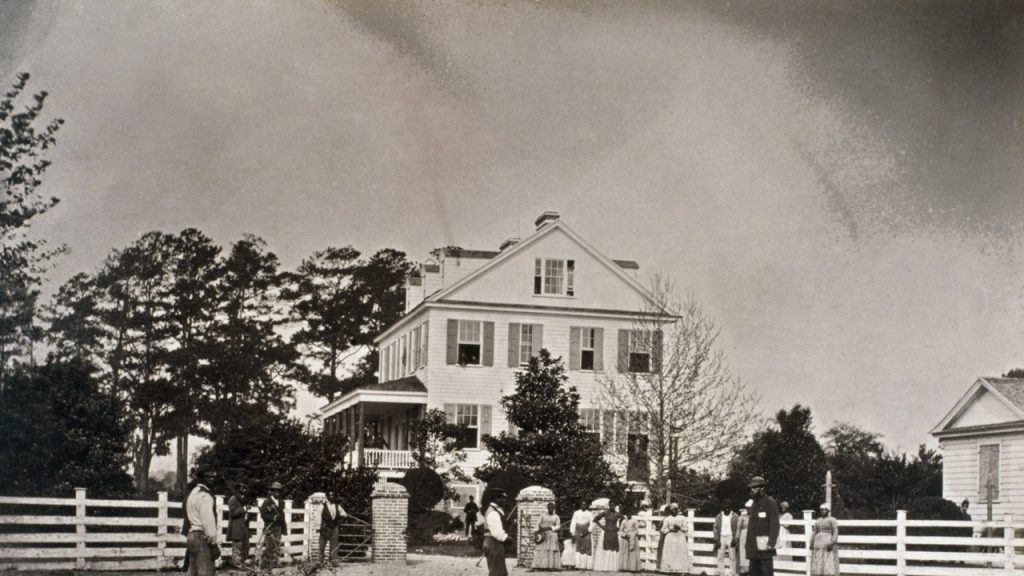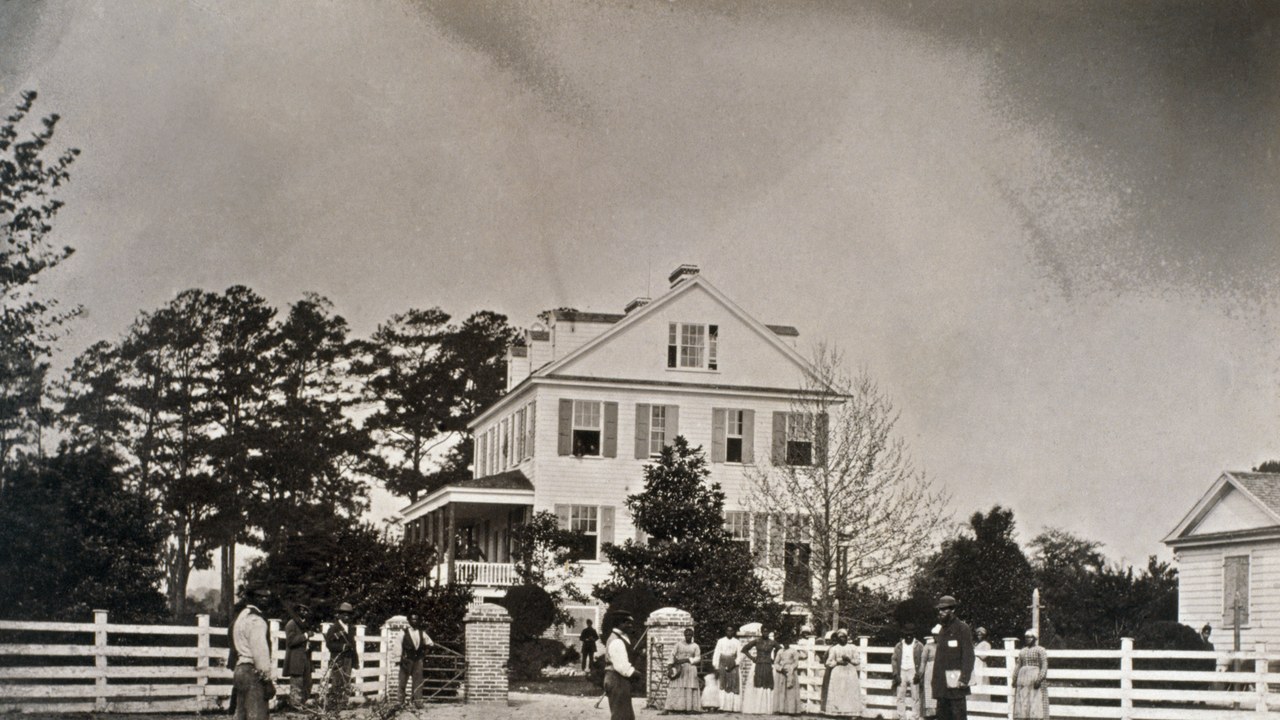Gallery with alias: PUBLIC_HISTORY_BLOG_POSTS not found

Teen magazines are usually filled with celebrity interviews, pop culture news, gossip, fashion tips, and other ephemera of interest to impressionable adolescents. Since the 1940s people have speculated on whether such publications are beneficial or harmful to young people. “The experience of reading teen magazines,” says John Douglas Bishop in Business Ethics Quarterly, “can result in heavy psychological impacts on their readers.” Bishop raises concerns that teen magazines negatively affect young people’s sense of body image, self-confidence, and social anxieties.
All this may be so, but it’s not our issue here. In fact, let’s look on the other side of things . . .
A recent article published in Teen Vogue magazine recognizing Black History Month shows us that the teen-oriented forum can have a more serious side—one that can educate, entertain, and inspire teens not only to think about history, but also to act upon it.
In “What to Expect When Visiting A Plantation Where Your Ancestors Were Enslaved,” writer Benji Hart recounts an adventurous outing he and his family took to a Southern historical site:
In November 2018, I took a day trip with my father and sister to a former slave plantation in North Carolina. A relative who lives nearby had picked up a brochure from the site and informed us that Black people who shared our last name had been enslaved there and that the site’s curators maintained genealogical records. Given that our great-grandfather had lived in that part of the state before migrating to western Massachusetts, where my father, and then his children, grew up, it seemed worth the trip to investigate potential connections to some of our people.
In the search for your own history, whether personal or communal, you may find yourself on the way to a similar historic site.
Be prepared to enter a site that makes no space for mourning, and papers over atrocities with benign language.
By the end of the day trip—and this article—it is clear that Mr. Hart is struggling with the “psychological impacts” thrust upon him that day. He writes:
In the wake of our trip, I discovered that I did, in fact, share a direct lineage to the plantation I’d visited, and it helped explain why my reactions to the aggression I received there were so visceral. Though it was one of the hardest trips I’ve ever taken, I’m grateful to have new connections to my ancestors; to be able to say the names of my own people that survived enslavement.
What’s most striking about this article (and we think public historians should take note) is the prescriptive advice offered to Teen Vogue’s young readers, turning Mr. hart’s action narrative into critical travelogue.
I encourage other young Black people to make the same pilgrimage I did, to continue to pull up the violent roots that bind us to this nation’s unconscionable past and cruel present. And I encourage them to take the necessary steps to protect themselves and their spirits in the process.
Before you go, you should research the site.
The group you go with should be a trusted crew.
You can expect that the site will likely not be a place of mourning.
You may not be welcome there.
The curation of the space will likely be apolitical and largely ahistorical.
You will likely see people disrespecting the space.
Remember: You are not obligated to be polite.
Reclaim the experience.
Have a support plan in place for after you leave.
Public historians should take note of the unsubtle, direct, and honest advice Mr. Hart offers his young readers. It’s the kind of guidance rarely found in travel brochures or museum guides. It’s also what teens will be thinking about as they visit historical sites in the future–so be prepared. Younger generations are developing a keen critical awareness of history, and as this article in Teen Vogue suggests, they are discovering ways to challenge history–personally, socially, and politically.
This post is inspired by “What to Expect When Visiting A Plantation Where Your Ancestors Were Enslaved,” by Benji Hart. Published in Teen Vogue Magazine as a Black History Month Op-Ed feature.
PUBLIC HISTORY MATTERS
At The Social Voice Project, we celebrate history and people through our community oral history projects that give us a chance to look, listen, and record the voices and stories of our time. We encourage all local historical societies and museums to capture, preserve, and share their communities’ lived experiences, memories, customs, and values. Future generations are depending on it.
Contact TSVP to learn more about our commitment to public history and community oral history projects.
MORE ESSAYS & THOUGHTS ON PUBLIC HISTORY

You must be logged in to post a comment.